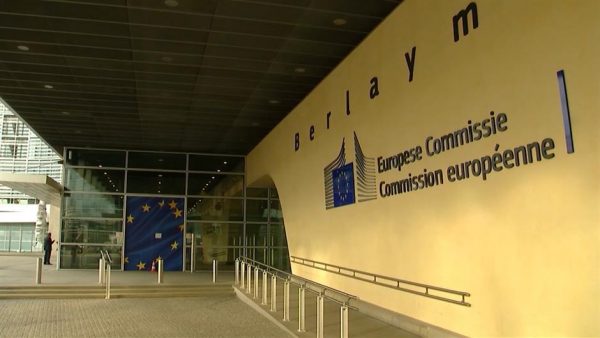The European Commission on Friday elaborated why North Macedonia was left out from the EU Solidarity Fund activated as a response to the pandemic.
A Commission spokesperson explained the conditions required for countries to apply for assistance from the EU Solidarity Fund (EUSF) in detail in a response to MIA’s queries.
EUSF assistance was activated last year due to the COVID-19 health crisis provided that the public financial burden inflicted on an eligible state for emergency response measures is estimated at more than 0,3 % of its gross national income.
The deadline for EUSF corona-related applications was June 24, 2020 and the Fund was open for member states and the four countries approved to start negotiations or are already negotiating the join the EU – Serbia, Montenegro, Albania and North Macedonia.
The Commission says on Friday that its services have carried out a thorough assessment of all applications in order to establish their eligibility, the plausibility and additionality of the public expenditure declared and the direct link with the health emergency.
“When it comes to the Solidarity Fund, the Commission and North Macedonia were in contact last year, but North Macedonia informed the Commission that they did not have at the time sufficient eligible expenditure to declare in order to reach the threshold foreseen under the Solidarity Fund Regulation,” says Commission spokesperson.
Since the beginning of the pandemic, it is noted, the EU has provided substantial support to North Macedonia in fighting the coronavirus.
“In particular, it has provided €226 million covering the provision of medical supplies and equipment, support for vulnerable groups, businesses and the unemployed, as well as macro-financial assistance,” says the spokesperson.
North Macedonia can also count on a portion of the €70 million available for the purchase of vaccines and related equipment to the Western Balkans in addition to the offer through the Economic and Investment Plan designed to support the recovery of the economies of the Western Balkans to a value of up to €9 billion, MIA’s correspondent reports from Brussels.
















